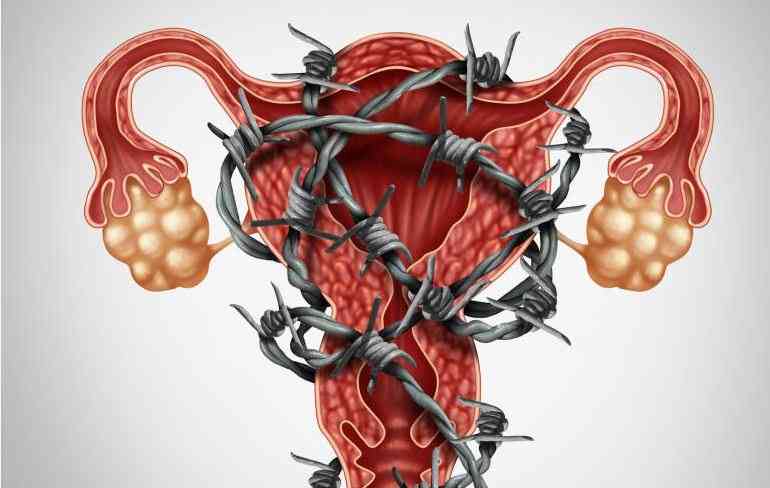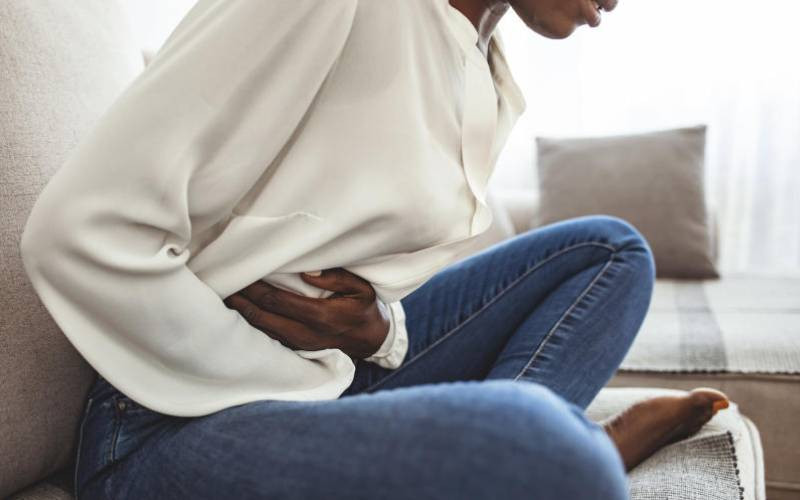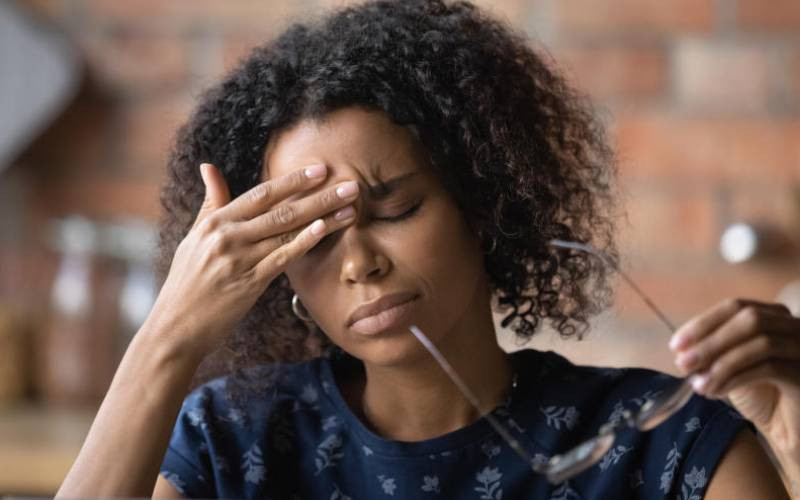
With the rising incidences of cancer and lifestyle diseases, eating healthy is all the rage these days. Vegetables are among the healthiest foods you can eat. But in Kenya, that might not be the case. By JACQUELINE MAHUGU
1. Veges grown in sewage
Most of the fresh-looking vegetables you see in the markets and even in supermarkets are grown in swampy places that have overflowing sewage water. Sukuma wiki, spinach and arrowroots do very well in such areas. There is no strong regulatory mechanism to ensure that people are not exposed to such harmful agricultural produce.
The effect: An increase in faecal-oral transmissions like cholera, amoeba and hepatitis A.
2. Metal toxicity
Kenya has very poor drainage systems.Additionally, some companies drain their industrial effluence into places like Nairobi River. Vegetables using the water for growth can cause heavy metal toxicity in our systems.
The effect: Believed to be one of the major reasons for the rising incidences of cancer.
3. Heavy spraying of rice and tomatoes
In places like Mwea and Kirinyaga, farmers plant rice and tomatoes and then do heavy spraying to control pests and diseases. These products sometimes get to the market without having been tested for residue. This means that the foods that land on our plates have critical levels of harmful products that could be affecting human beings.
The effect:
1. Rising levels of attention deficit hyperactivity disorder in children
2. Learning problems in children
Most research on the effects of pesticides has focused on people who are directly exposed to them as an occupation.
4. Harmful ripening agents
Some unscrupulous farmers use calcium carbide to artificially ripen bananas and mangoes.
The effect: Calcium carbide is extremely dangerous to humans, as it contains arsenic and phosphorus. This can cause:
· Weakness
· Vomiting
· Thirst
· Difficulty in swallowing
· Diarrhoea
· Acidity leading to ulcers
· Food poisoning
· Skin rash,
· Heart complications and neurological disorders.
5. Use of antibiotics in animals
Kenya has not reached a point where farmers inject steroids into animals. However, another very popular and dangerous practice is giving antibiotics to animals, especially fish and chicken as they believe that for them to grow fast and fat, they have to use antibiotics.
The effect:
Eventually, when we consume the chicken and fish, the antibiotics end up in our system. This reduces the effectiveness of the antibiotics when we fall sick because we have developed antimicrobial resistance.
WHAT CAN YOU DO?
We are mostly at the mercy of farmers and just by looking at a produce, you can't tell if it is contaminated or not.
1. Look for reliable sources
Kenchic and Farmers Choice use the farm to fork system, so when buying from them, you are somewhat assured that you are buying wholesome products. After the animal is born, they monitor its growth every step of the way to ensure it doesn't get toxic components into its system.When these food items are sold to the public, they have bar codes. This is to ensure that if you developed an infection as a consumer and complained that it was from one of their products, they could trace back the line of production to identify the problem. Such organised farm systems are expected by law to keep records. However, there are no such checks for the typical farmers.
2. Grow it if you can
The best way to ensure that food does not contain chemicals is to grow it yourself. Food grown without any chemicals is known as organic food. Your other option could be identifying local farmers who stick to the natural organic methods, checking their systems and ordering their produce.
3. Practice bio security
Washing the produce before washing helps kill the germs, and cooking kills a lot more, solving 50 per cent of the problem. Washing fruits and vegetables also washes off a lot of the pesticides that may have been on the surface. The only thing that you cannot get rid of this way is some of the chemicals inside the produce and antibiotics. Try to cook food yourself so that you can be sure of the level of hygiene that went into preparing the food.
4. Local apples and grapes
The biggest problem with things that come from overseas such as apples and grapes is preservatives that are cancer-causing. Local food goes from the farm to the market quickly, thus no preservatives are needed.
5. Treat your water
Even washing your hands and vegetables with just tap water in Nairobi can be risky because you cannot really tell where your water comes from. Add vinegar to water when washing vegetables. Also, use the various water treatment options available for safe drinking water. These include products like Waterguard, Aquaguard, chlorine tablets etc. If boiling water, ensure that it boils really well before drinking.
6. Avoid raw food
Side step salads or add vinegar to them. Also, avoid eating kachumbari outside your home.
Source:Dr John Ogecha, a Crop Protectionist at KARLO, Dr Kenneth Wameyo a Veterinary Diagnostics Marketing Consultant and Dr Allan Rajula, a gastroenterologist at Aga Khan University Hospital.
 The Standard Group Plc is a multi-media organization with investments in media platforms spanning newspaper print
operations, television, radio broadcasting, digital and online services. The Standard Group is recognized as a
leading multi-media house in Kenya with a key influence in matters of national and international interest.
The Standard Group Plc is a multi-media organization with investments in media platforms spanning newspaper print
operations, television, radio broadcasting, digital and online services. The Standard Group is recognized as a
leading multi-media house in Kenya with a key influence in matters of national and international interest.










